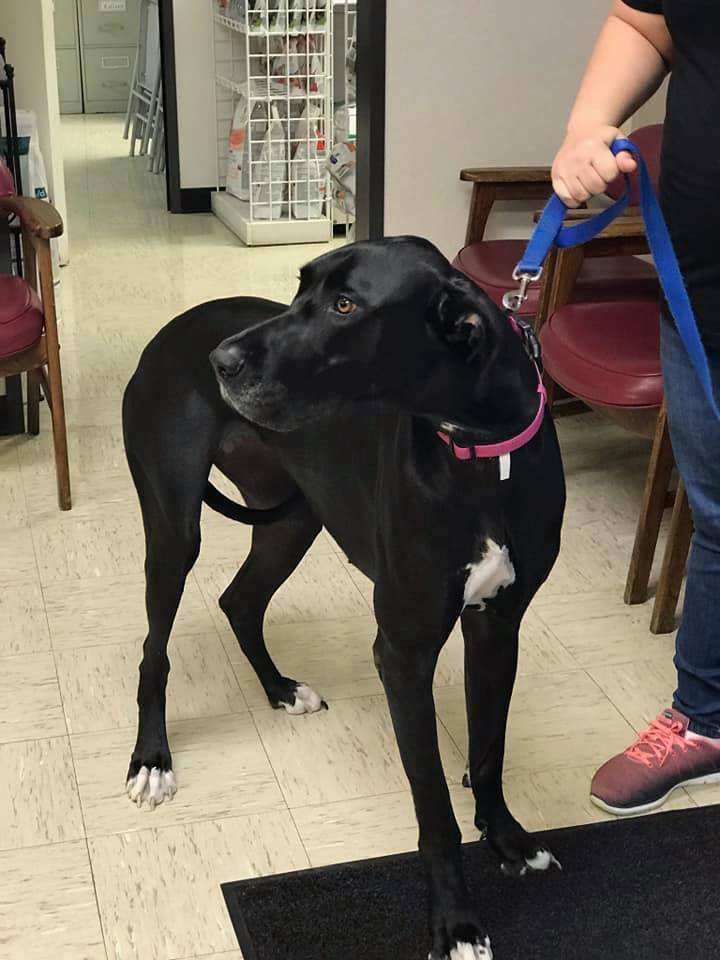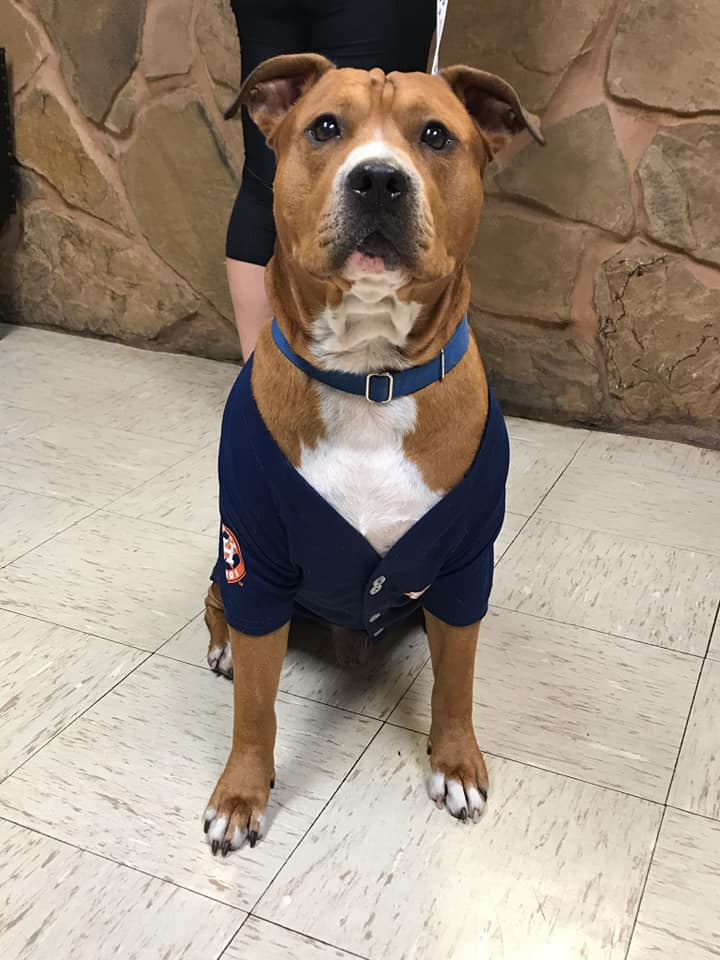What Should I Do If My Pet Vomits?
All good pet owners ultimately want what's best for the animal companions, and many pet owners go to great lengths to ensure that their pets remain healthy, well-exercised, and well-socialised so that they are as likely to have thriving and positive lives as possible.
Unfortunately, though, good pet care can be tricky, and there are plenty of different issues that can befall our pets, and that can be difficult to know how to deal with at first glance.
One of the clear signs that your pet is so distressed and unwell, is if they begin vomiting – but it's important to know what it means when your pet vomits, and what you should do about it.
Here is a closer look at this topic.
What does it mean if my dog is vomiting?
When dogs are feeling sick or nauseous, this can be for a number of different reasons ranging from the particular bug, to something they ate that disagrees with their constitution.
Vomiting may also be a symptom of more serious conditions such as organ failure.
Here are just some of the reasons why you want dog might be retching or vomiting
Minor reasons
Dogs can sometimes end up retching or vomiting for reasons that don't have anything at all to do with actual illness, much less serious health conditions.
Your dog may be retching or vomiting, for example, because they were experiencing motion sickness.
Yes, that's right, your canine companion can get carsick just like you – and particularly if your dog isn't used to riding in vehicles, this can be a cause of vomiting and retching.
If you dog devours their food too quickly, and especially if they’re too greedy and overeat, this can also cause indigestion and retching or vomiting.
Your dog can also end up retching or vomiting if they immediately start doing vigorous exercise shortly after eating – as this disrupts the digestive process, just like it does for people.
General health issues
There are a wide range of general health conditions that can be responsible for your dog vomiting or retching, and a good pet care provider should be able to help diagnose these conditions.
Here are some common health conditions that can cause retching or vomiting:
- Food allergies
- Eating food that was created for people, but that the dog can't properly digest
- Inflammation – which can occur occur as a result of things such as stomach ulcers
- Viral infections, such as distemper
Serious health issues
Unfortunately, some of the causes of your dog’s retching or vomiting can be very serious, as these behaviours are often seen in cases of certain major health issues as well.
Serious parasites, including Lyme disease, can cause this behaviour.
Organ disorders such as kidney failure and Addison’s disease can be responsible too.
Your dog’s apparent nausea may also be caused by ingestion of a seriously harmful poisonous substance.
What should I do if my dog starts vomiting or retching?
Since there are so many potential causes that can explain why your dog is retching or vomiting, it's always advisable to take your pet to the vet to diagnose and investigate these issues further.
If your dog’s nausea has immediately followed a car journey, or an instance of the dog gorging themselves and overeating, however, symptoms should start to subside after a few hours.

 281-391-3169
281-391-3169





























































